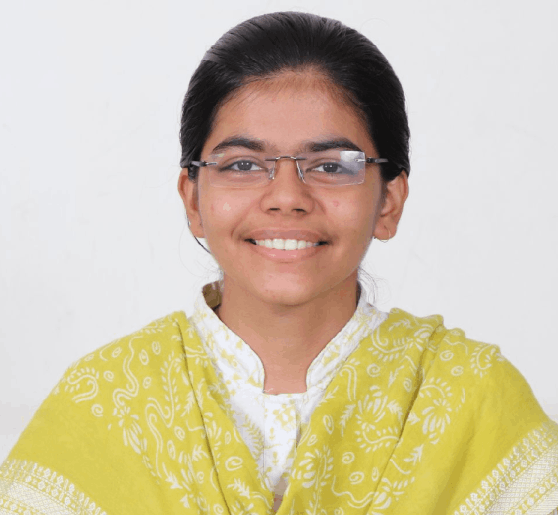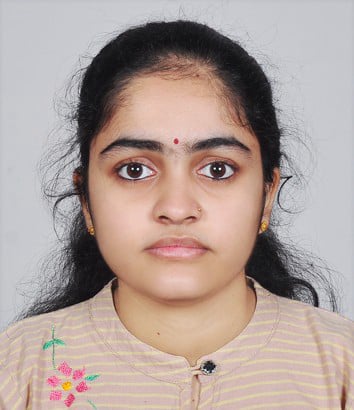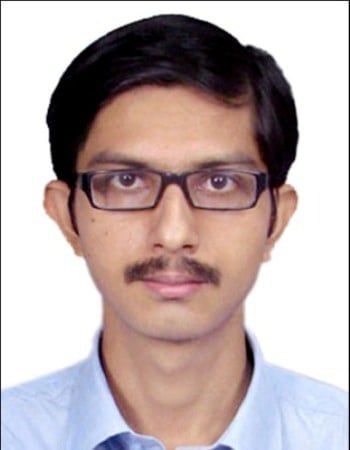Hima Soni
AI Research Scientist
Hima is an AI Research Scientist at SPEL in the AICOE project, currently pursuing her Ph.D. in Artificial Intelligence of Things (AIoT) with a focus on predictive maintenance and reinforcement learning for industrial systems. She holds a B.E. and M.E. in Computer Engineering from Gujarat Technological University, where she graduated as a State-level Gold Medalist. With over six years of experience in applied Artificial Intelligence, Hima has worked across industrial, academic, and sustainability-driven projects, integrating AI, IoT, and automation for real-world problem-solving. Her expertise spans deep learning, reinforcement learning, and generative AI, with specialized work in Remaining Useful Life (RUL) estimation, semantic search, and Agentic AI systems. She has led and delivered 30+ AI/ML solutions across domains such as energy optimization, drone surveillance, healthcare, defense, and sustainable technology—developing scalable systems including AI-driven flood monitoring, drone-based surveillance, and reinforcement learning–based control frameworks. She has also received multiple national recognitions, including being the Winner of the Smart India Hackathon and securing 2nd Place in the NSG DigiRakshak Hackathon as a Mentor. Driven by interdisciplinary research, Hima aims to bridge AI innovation with real-world infrastructure, contributing toward net-zero transitions, smart manufacturing, and intelligent automation.






